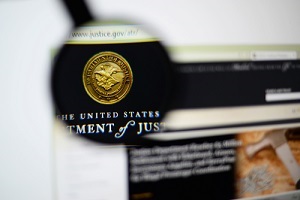Medically Unnecessary Services
 Government-funded healthcare programs will only pay for services, supplies or equipment that are reasonable and necessary for the diagnosis or treatment of illness or injury.
Government-funded healthcare programs will only pay for services, supplies or equipment that are reasonable and necessary for the diagnosis or treatment of illness or injury.
It can be a violation of the False Claims Act for a provider to bill the Government for healthcare services, supplies or equipment that are not medically reasonable or necessary.
Types of Billing Fraud for Unnecessary Medical Services or Procedures
Examples of billing for unnecessary medical services include:
- A doctor billing for surgical procedures performed on patients who do not meet the criteria for the procedures.
- A provider billing for complex and expensive diagnostic procedures that are not reasonable and necessary for diagnosis.
- A hospital classifying a patient as inpatient, so that the hospital can bill at higher inpatient rates, when the services for the patient could be provided on an outpatient basis.
- A durable medical equipment company billing Medicare for motorized wheelchairs for patients who do not need one.
- Providing ambulance services when such transportation is not necessary.
- A provider or pharmacy providing and billing for an expensive compounded drug when such a formulation is not necessary.
- A provider prescribing medically unnecessary medications, including opioid medications, which may then be diverted to other unlawful users.
Billing for medically unnecessary services may arise where unlawful kickbacks are being paid, because kickbacks and other unlawful financial arrangements give providers reasons to send patients for services or procedures they might not actually need.
Contact a Healthcare Whistleblower Lawyer
Proving fraud arising from a lack of medical necessity can be very difficult. Some factors, however, make it easier to establish such fraud.
In addition to the payment of kickbacks, these include situations where it can be demonstrated that medical records have been falsified or altered, or where provider policies mandate automatic provision of services without regard to applicable criteria.
For more information, or if you would like to speak with an experienced whistleblower lawyer, please contact our firm for a confidential consultation.




